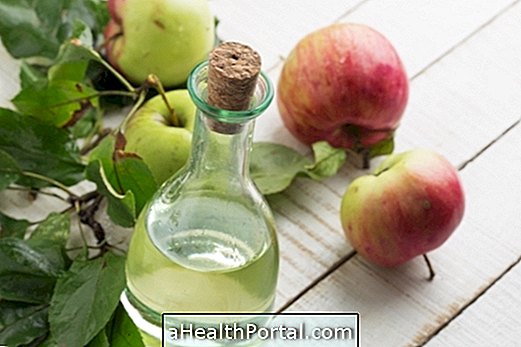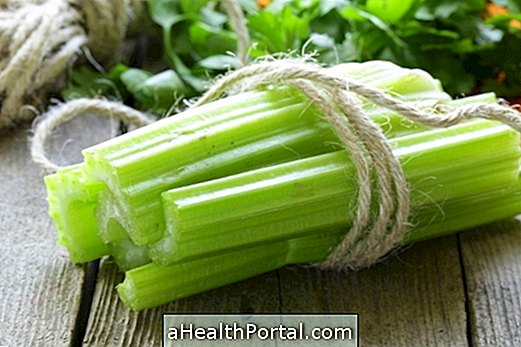The lemon balm is also known as Cidreira, Citrus, Citronete and Melissa, widely used in the treatment of digestive problems, and can be purchased at natural products stores, drugstores, markets and some free trade shows. It can also be home grown because it is easy to plant and maintain.
This herb, besides being able to be used to treat digestive problems, can also act to control the symptoms of anxiety, as it has soothing properties, ensuring a sense of tranquility and well-being.

Benefits of Lemon Balm Tea
The benefits of lemon balm tea are related to the medicinal properties that this plant possesses. Thus, the main benefits include:
- Improve sleep quality;
- Relieve headaches;
- Combat the gases;
- Prevent digestive disorders;
- Relieve menstrual and intestinal cramps;
- Preventing kidney disorders;
- Promote cough relief;
- Promote well-being and tranquility.
The lemon balm, scientifically named Melissa officinalis, is soothing, diuretic and expectorant, and therefore lemon balm tea can be used as a home remedy to soothe, combat fluid retention and is also useful for combating phlegm, when it is associated with lemon.
How To Make Lemon Balm Tea
To make lemon balm tea it is advisable to use only its leaves, both dry and fresh, as it is the part of the plant that contains all the beneficial properties for health.
Ingredients
- 3 tablespoons of lemongrass leaves;
- 1 cup of water.
Method of preparation
Add the leaves of lemon balm to the boiling water and let stand for a few minutes, properly covered. Next, strain and drink 3 to 4 cups of this tea per day.
See another option of lemon balm tea to relieve the symptoms of anxiety.
Possible side effects
The side effects of lemon balm include decreased heart rate, drowsiness and falling pressure. To date, no contraindications have been described for this tea, however it is recommended that pregnant women consult their physician before consuming tea.


























